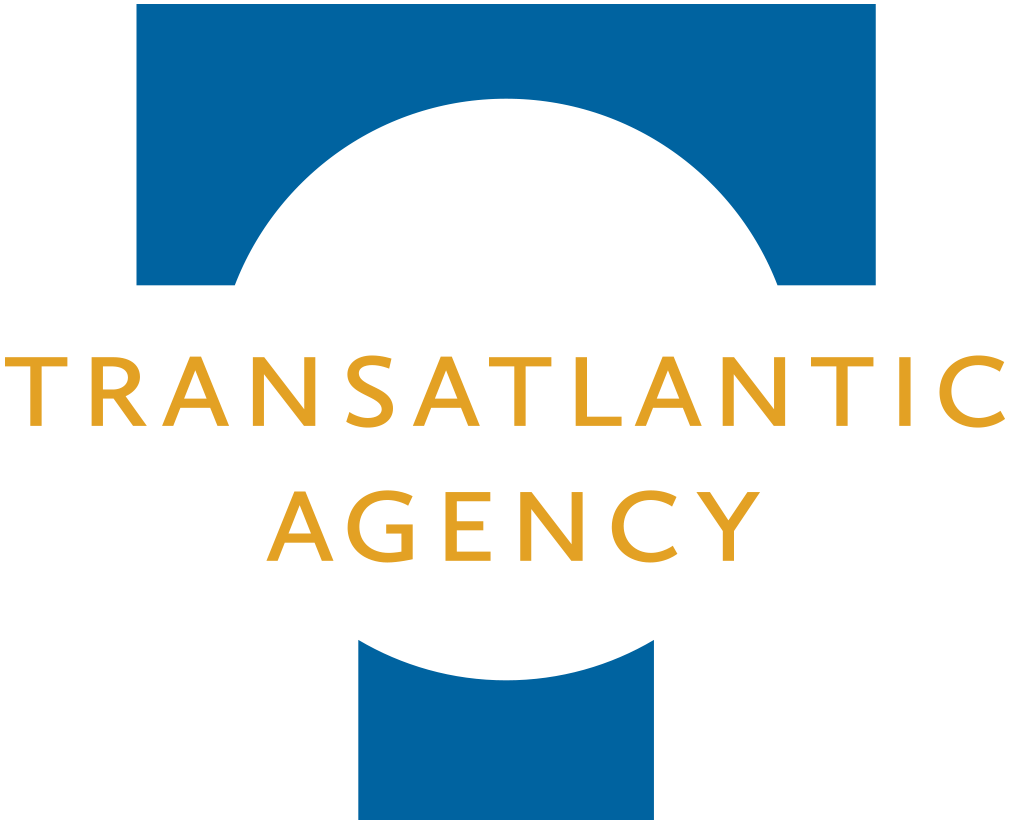Harrison Mooney is a best-selling memoirist and award-winning journalist from British Columbia, Canada. His debut memoir, Invisible Boy, has been shortlisted for two BC and Yukon Book Prizes, the prestigious Hurston/Wright Legacy Award, and was the winner of the 2023 Rakuten Kobo Emerging Writer Prize for nonfiction. Harrison’s work has also appeared in the New York Times, the Vancouver Sun, the Guardian, Yahoo and Maclean’s. He lives in East Vancouver with his family and family dog, Bootsy.
Speaking Topic
Black History in BC: From James Douglas to me
Harrison guides his audience through a survey of Black History in BC, beginning with James Douglas, the Father of British Columbia. Douglas kept his Blackness under wraps as best he could, serving as the British Crown and Hudson Bay Company’s primary contact in the new colony, “passing”, in the parlance, for a dark-skinned white man. Nevertheless, he was instrumental in welcoming nearly 800 racialized settlers, B.C.’s Black pioneers, to Vancouver Island in 1858 — an invitation that would set the stage for the development of Hogan’s Alley, B.C.’s first Black neighbourhood, in mainland Vancouver. This community would swiftly be displaced, destroyed to make way for a viaduct, and this erasure echoes through to present-day. Harrison Mooney himself will attest to this, drawing a straight line from Douglas to the present-day experience of Blackness on the West Coast.
Growing Up Black in B.C.
How does a Black child growing up in a white family, immersed in a white community, understand his identity or his place in the world? Harrison Mooney shares the tale of his childhood as a transracial adoptee — a story first told in his memoir, Invisible Boy. Raised by white fundamentalist Christians, separated from his Black family members, and discouraged from connecting with Blackness at all, Mooney spent over two decades searching for a sense of self that remained elusive until he finally found the writing of James Baldwin, Toni Morrison, and others. Reflecting on his upbringing and experience as a Black boy in the Bible belt, Mooney illuminates the need to be seen by one’s family, community members, and self.
Everything I’ve Ever Written: What James Baldwin taught me about myself
The first time Harrison Mooney read a book written by a Black author, he was 21 years old. That book, James Baldwin’s The Fire Next Time, also marked the first time that Mooney felt like a book was speaking directly to him. The experience not only changed his life, but it gave the young, transracial adoptee a new perspective on his own Blackness — an identity he’d never been encouraged to explore.But even in his all-white home and all-white community, Mooney was always exploring his Blackness and identity in writing, by hook or by crook or by accident, and a light-hearted review of his output from childhood to present-day demonstrates how desperate he always had been for the answers he finally uncovered in Baldwin’s famous, fiery 1963 letter to a nephew.
In finding the words that he’d sought his whole life, Mooney also found a firm footing for the identity he’d never fully embraced. The memoirist’s description of the evolution of his mind, his sense of self, and what it says about the way this society fails adoptees and its racialized children, especially as they pursue positive personal and cultural identities, will leave you breathless.
Follow Harrison on Instagram is here, and on X (Twitter) is here.
Selected media
• The Abbotsford News (this one talks about my keynote speech work)
• Global BC presents: Harrison Mooney
• Rakuten Kobo Emerging Writer Prize winners announced
• Rakuten Kobo: Looking Ahead with Harrison Mooney
• I’m the permanent host of an open mic for Black poets. Here’s a link to that.
• The Tyee
• Best books of 2022 – The Globe & Mail
• Best books of 2022 – CBC
Harrison Mooney live
Vancouver Public Library Book launch
To book Harrison, please reach out to speakers@transatlanticagency.com

